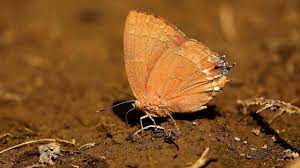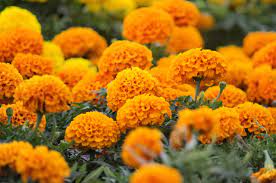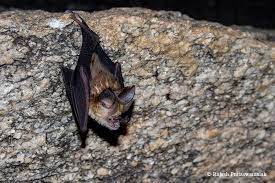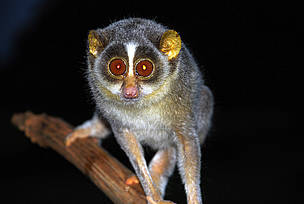Kolar Leaf Nosed Bat | UPSC | Why In The News ?
Bat Conservation Society which has been entrusted with drawing up a conservation plan for Kolar Leaf-Nosed Bat. It has also been awarded a grant to conduct further research on this species of bats.
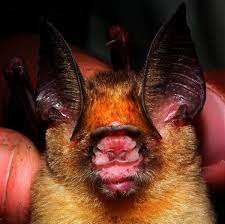
Conservation Initiatives :
- Karnataka Government has notified the 30 acres around the caves as a protected area.
- Hence, any development work including construction of new infrastructure will need the permission of the National Board for Wildlife.
About Kolar Leaf Nosed Bat :
- It is a species of bat in the family Hipposideridae .
- It is found in only one cave in India, and its population is less than 200 individuals.
- It is endemic to India and is currently only known from one cave in Hanumanahalli village in Kolar district, Karnataka.
- Its natural habitats are subtropical or tropical dry forests and caves.
- Bats are vital for the ecology as they are pollinators, their main diet being nectar.
- Bats also help in insect control and therefore, help in the protection of crops.
Read Also – The Great Indian Bustard | UPSC |
Protection Status:
IUCN Red List: Critically Endangered Wildlife Protection Act, 1972: It has not been accorded legal protection under the Act. |
About National Board for Wildlife:
- It is a “Statutory Organization” constituted under the Wildlife Protection Act, 1972.
- Its roles is “advisory” in nature and advises the Central Government on framing policies and measures for conservation of wildlife in the country.
- Primary function of the Board is to promote the conservation and development of wildlife and forests.
- It has power to review all wildlife-related matters and approve projects in and around national parks and sanctuaries.
- No alternation of boundaries in national parks and wildlife sanctuaries can be done without approval of the NBWL.
Composition:
- The NBWL is chaired by the Prime Minister.
- It has 47 members including the Prime Minister.
- Among these, 19 members are ex-officio members.
- Other members include three Members of Parliament (two from Lok Sabha and one from Rajya Sabha), five NGOs and 10 eminent ecologists, conservationists and environmentalists.
Source : The Hindu, Indian Express

